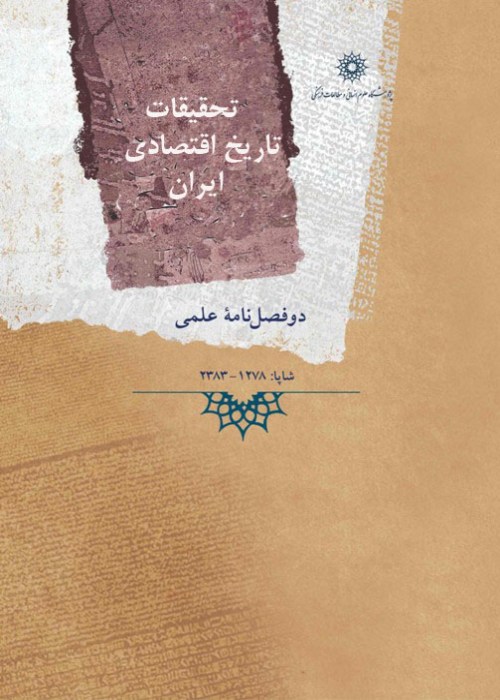Role of socio-cultural factors in the development of modern medicine in Qajar era
Author(s):
Abstract:
Medicine in relation to human health in history always have been respect Scholars, and in this regard has changed. Landmark development of this science in Iran is Qajar period. This study focused on the socio-cultural factors in response to a written question: whether the socio-cultural factors are role in the spread of modern medicine in Qajar period? The assumption was that the socio-cultural factors have contributed to the spread of modern medicine. To prove this hypothesis using library and documentary based approach descriptive - analytical combination of factors such as the belief in the superiority of western modern education, thinking through the superiority of modern medicine, tolerance in some socio-cultural issues in addition to the factors like keep up with the joneses in refer to foreign doctors, to flaunt wealth and power were reviewed. The results confirmed the hypothesis and showed each of socio-cultural factors were effective together and the size of its force.
Language:
Persian
Published:
Journal of Institute for humanities and cultural studies, Volume:6 Issue: 1, 2017
Pages:
83 to 105
magiran.com/p1761600
دانلود و مطالعه متن این مقاله با یکی از روشهای زیر امکان پذیر است:
اشتراک شخصی
با عضویت و پرداخت آنلاین حق اشتراک یکساله به مبلغ 1,390,000ريال میتوانید 70 عنوان مطلب دانلود کنید!
اشتراک سازمانی
به کتابخانه دانشگاه یا محل کار خود پیشنهاد کنید تا اشتراک سازمانی این پایگاه را برای دسترسی نامحدود همه کاربران به متن مطالب تهیه نمایند!
توجه!
- حق عضویت دریافتی صرف حمایت از نشریات عضو و نگهداری، تکمیل و توسعه مگیران میشود.
- پرداخت حق اشتراک و دانلود مقالات اجازه بازنشر آن در سایر رسانههای چاپی و دیجیتال را به کاربر نمیدهد.
In order to view content subscription is required
Personal subscription
Subscribe magiran.com for 70 € euros via PayPal and download 70 articles during a year.
Organization subscription
Please contact us to subscribe your university or library for unlimited access!


